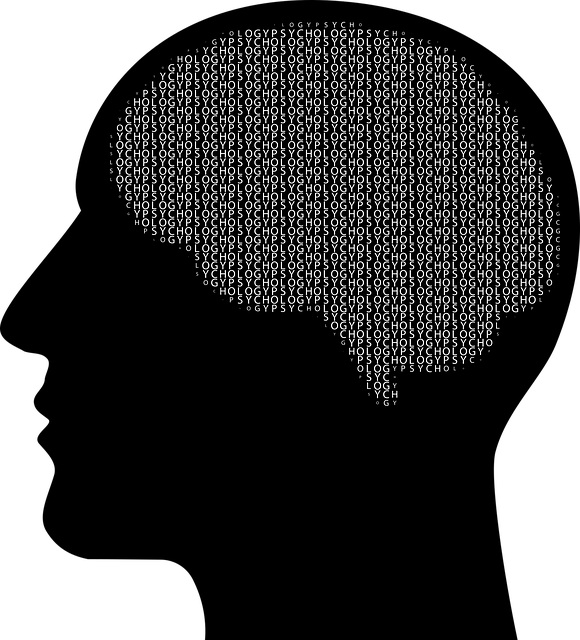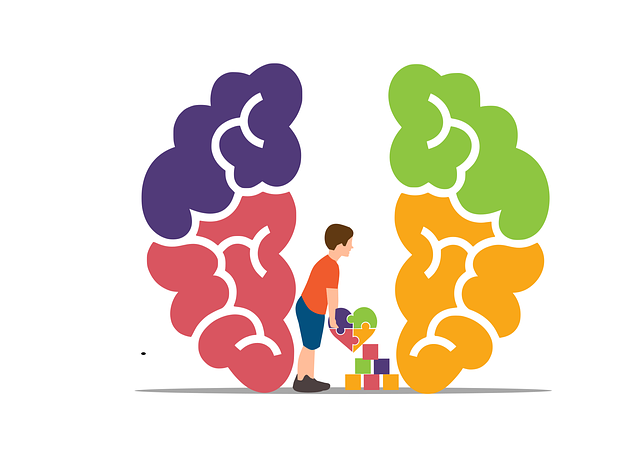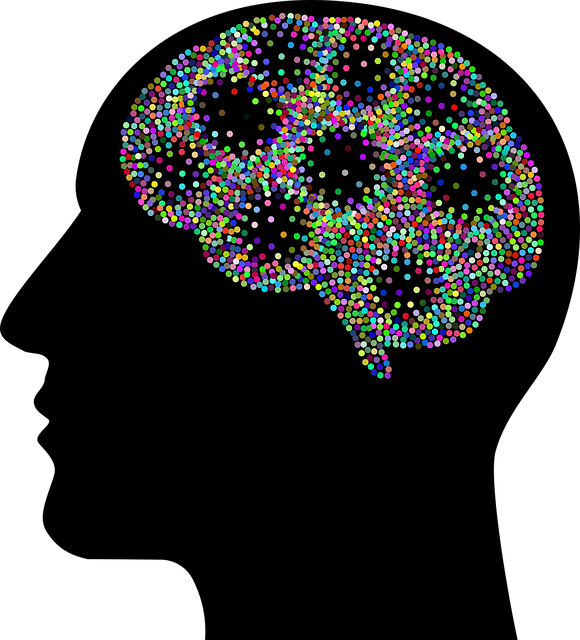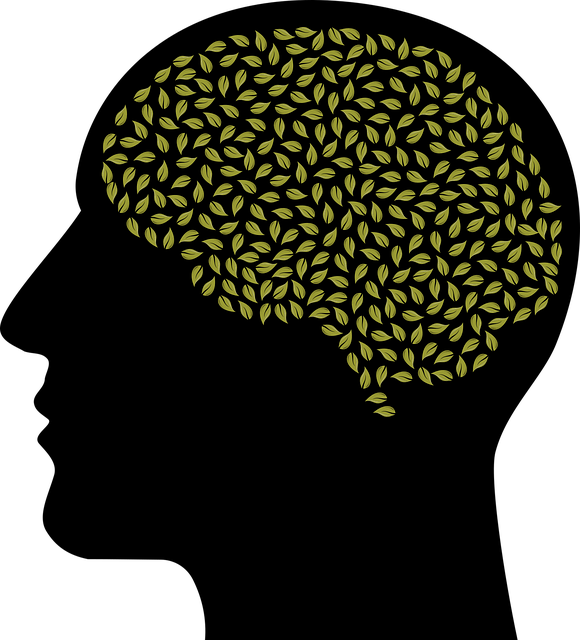Englewood Biofeedback Therapy offers a holistic, collaborative approach to mental wellness coaching, focusing on self-care strategies and resilience building. Unlike traditional therapy, it combines behavioral techniques with biofeedback technology to empower clients in managing stress and anxiety. Through tailored sessions, coaches guide individuals in observing and controlling physiological responses, fostering positive thinking and self-awareness. This revolutionary program leverages the mind-body connection for long-term well-being, improving focus, emotional intelligence, and overall mental health. Effective coaching requires personalized assessment, incorporating mindfulness and cognitive-behavioral strategies, structured curriculums, regular check-ins, and evidence-based communication to create an empowering environment.
Mental wellness coaching programs have emerged as a powerful tool for personal growth and resilience. This article explores the development of such programs, focusing on key aspects like understanding mental wellness coaching, leveraging Englewood Biofeedback Therapy for cognitive and emotional regulation, designing effective personalized support, and implementing continuous improvement strategies. By integrating these elements, we can enhance mental health outcomes and foster thriving individuals.
- Understanding Mental Wellness Coaching: Defining the Role and Benefits
- Englewood Biofeedback Therapy: Unlocking a Powerful Tool for Cognitive and Emotional Regulation
- Designing Effective Coaching Programs: Strategies for Personalized Mental Health Support
- Implementation and Continuous Improvement: Ensuring Success in Coaching Interventions
Understanding Mental Wellness Coaching: Defining the Role and Benefits

Mental wellness coaching programs have emerged as a powerful tool for individuals seeking to improve their overall well-being and manage mental health challenges. At its core, mental wellness coaching involves guiding and supporting clients in developing self-care strategies, enhancing coping mechanisms, and cultivating resilience. Unlike traditional therapy, which often focuses on diagnosing and treating specific disorders, coaches work collaboratively with clients to set personal goals and provide practical tools for navigating life’s stressors.
Englewood Biofeedback Therapy, for instance, integrates behavioral techniques and biofeedback technology to help individuals achieve Anxiety Relief and manage stress responses. This holistic approach considers the interconnectedness of mental, physical, and emotional health, aligning with the growing emphasis on Cultural Sensitivity in Mental Healthcare Practice. By tailoring coaching sessions to individual needs, coaches empower clients to take ownership of their mental health journey, fostering self-awareness, confidence, and a deeper understanding of their unique resilience. Through effective Mental Health Education Programs Design, coaches equip individuals with the knowledge and skills necessary to maintain long-term well-being and thrive in diverse environments.
Englewood Biofeedback Therapy: Unlocking a Powerful Tool for Cognitive and Emotional Regulation

Englewood Biofeedback Therapy introduces a revolutionary approach to mental wellness coaching, offering individuals a powerful tool for cognitive and emotional regulation. This innovative method leverages the mind-body connection, enabling people to gain profound insights into their emotional healing processes. By participating in biofeedback sessions, clients learn to observe and control physiological responses, fostering positive thinking and enhancing self-awareness exercises.
The therapy encourages active engagement in one’s mental health journey, providing practical skills to navigate stress, anxiety, and other psychological challenges. Through regular practice, individuals can achieve a deeper sense of calm, improve focus, and enhance overall emotional intelligence. Englewood Biofeedback Therapy stands as a game-changer, transforming traditional coaching methods into an effective, data-driven approach that empowers individuals to take control of their mental wellness.
Designing Effective Coaching Programs: Strategies for Personalized Mental Health Support

Designing effective coaching programs is an art that requires a deep understanding of individual needs and preferences. In the realm of mental wellness coaching, personalization is key to fostering meaningful progress. Just as Englewood Biofeedback Therapy tailors its approach, coaches should aim to create customized strategies for each client. This involves assessing their unique challenges, strengths, and goals related to mental health and mood management. By incorporating techniques like mindfulness, cognitive-behavioral strategies, or even biofeedback tools, coaches can facilitate resilience building and empower individuals to take charge of their well-being.
A structured yet flexible curriculum is essential for success. Mentors should design sessions that educate, inspire, and support clients in between meetings. This may include providing resources, exercises, or practices tailored to specific mental health concerns. Regular check-ins and progress evaluations ensure the program remains on track and allows for adjustments as needed. Ultimately, effective coaching fosters an environment where individuals feel heard, understood, and capable of managing their mental wellness journey with confidence.
Implementation and Continuous Improvement: Ensuring Success in Coaching Interventions

The successful implementation and continuous improvement of mental wellness coaching programs are paramount to ensuring their effectiveness. Regular evaluation and feedback loops are essential components of this process. Coaches should adopt evidence-based communication strategies, such as active listening and open dialogue, to foster strong therapeutic alliances with clients. This collaborative approach not only enhances the client’s willingness to engage but also facilitates deeper exploration of challenges and goals.
Additionally, integrating compassion cultivation practices into coaching sessions can significantly contribute to positive outcomes. Encouraging self-compassion and mindfulness techniques allows individuals to navigate their mental health journeys with greater resilience. Regular assessment, informed by the client’s progress and feedback, enables coaches to tailor interventions, ensuring that each session remains relevant and impactful. For instance, incorporating Englewood Biofeedback Therapy techniques can provide clients with valuable tools for managing stress and anxiety, enhancing overall mental wellness.
Mental wellness coaching programs, enriched by innovative approaches like Englewood Biofeedback Therapy, offer a promising avenue for personalized mental health support. By combining evidence-based strategies with continuous improvement, these programs can effectively navigate individuals through their unique journeys towards emotional well-being. As the field evolves, prioritizing tailored interventions and fostering a culture of open dialogue will be key to unlocking the full potential of mental wellness coaching.














